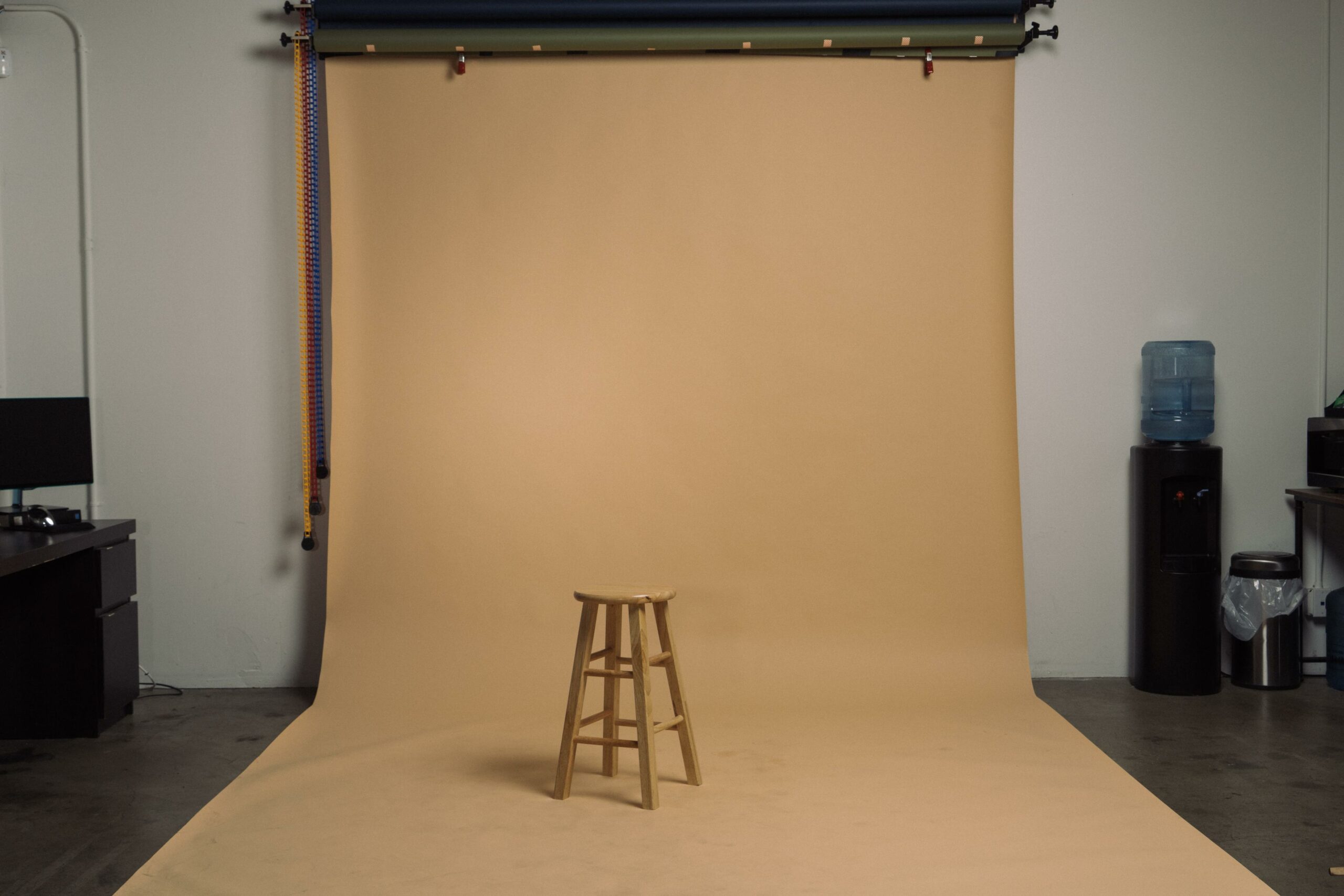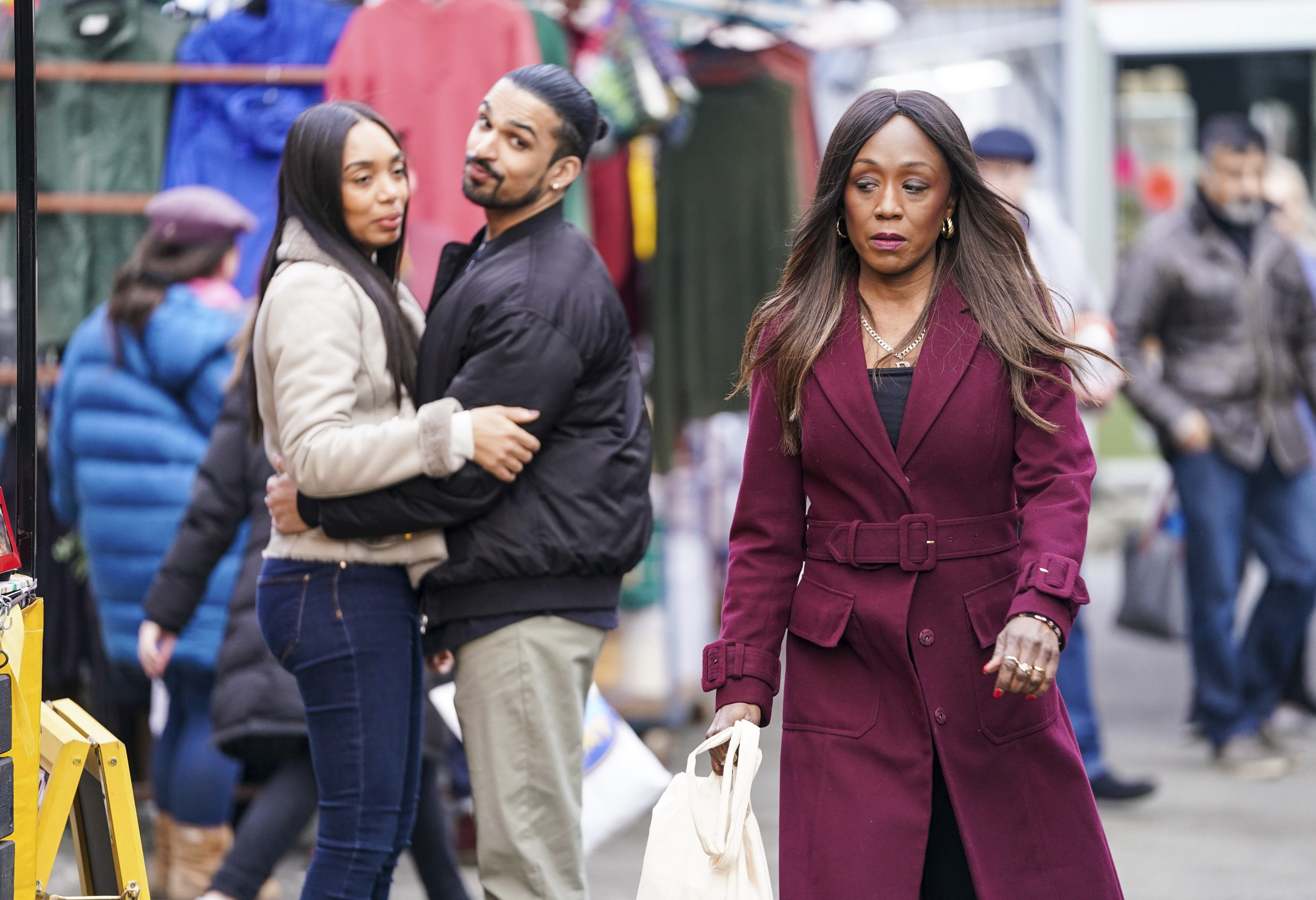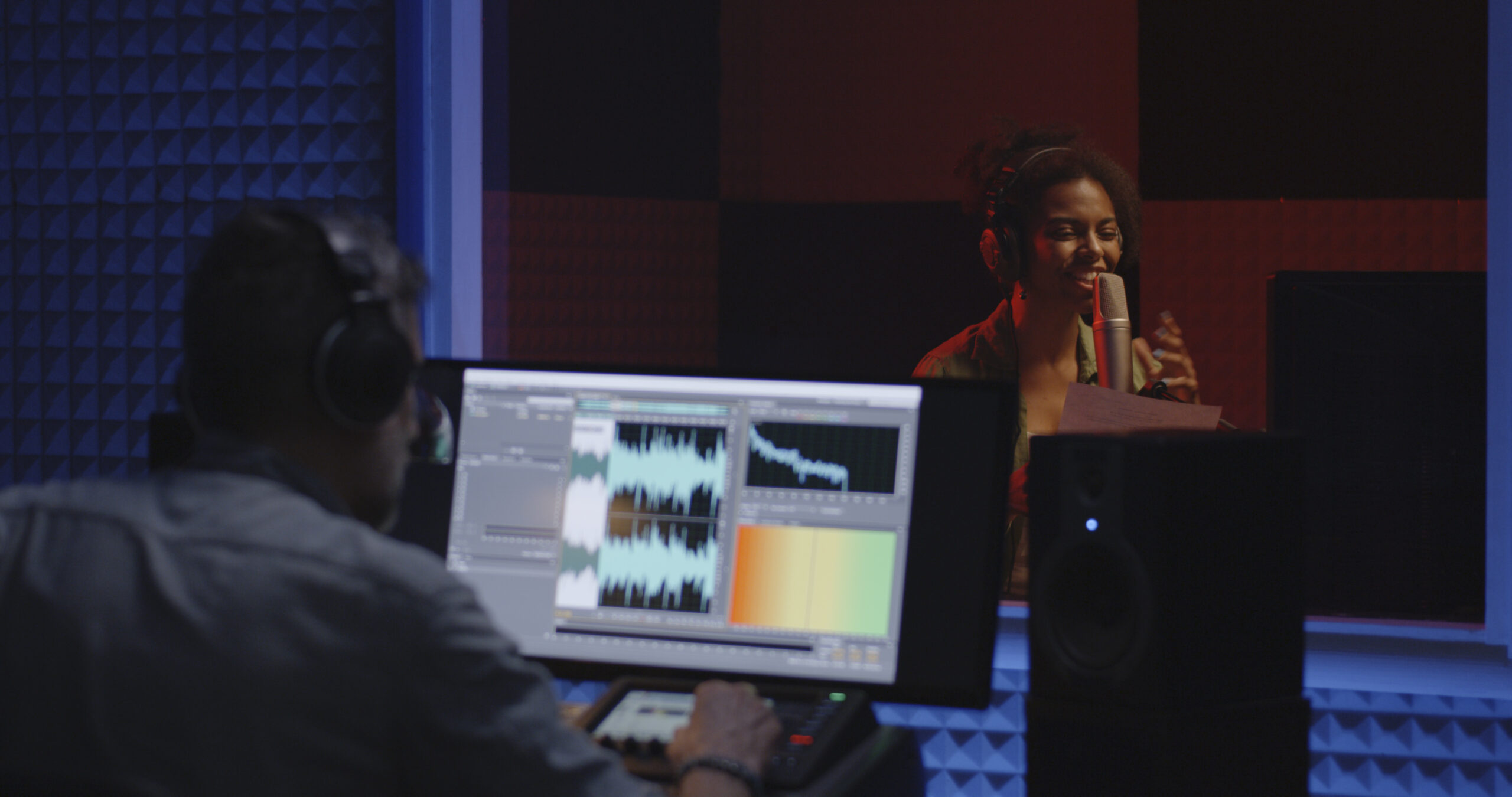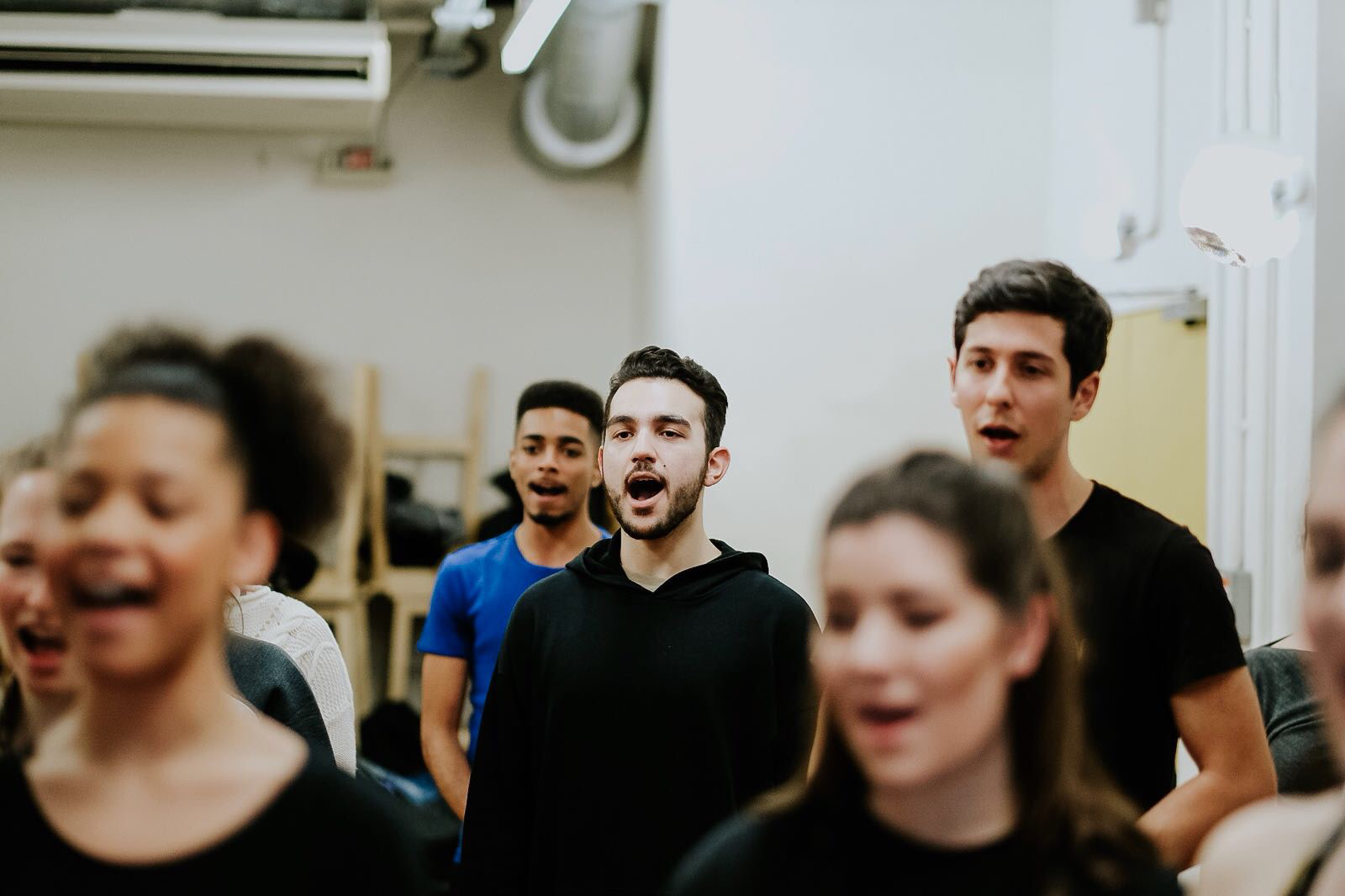Casting Director Irene Cotton speaks to Lauren McCrostie about auditions and how performers should approach the process.
Knowing you’ve done your best comes from knowing you were as prepared as you could be
Auditions are a number of things; anxiety-inducing, exhilarating, stressful, time-consuming, financially draining and potentially career-jeopardising. Despite all this, they are incredibly important and fundamental to the progression of our careers as actors so how can we approach them in the best spirit?
I spoke with renowned Casting Director, Irene Cotton, who has hundreds of credits to her name – including The Bill, Penny Dreadful, King Lear and West Side Story – to get her advice about how actors should approach the process.
Combatting Your Nerves
The casting process is challenging for actors and often feels equivalent to racing across a tightrope, at great height, blindfolded. It can feel as though the odds are stacked against us. Don’t ignore the fear that crawls into our bodies and shakes us on the morning of an audition.
Find a process you can execute routinely, which helps deter your anxieties. Irene says, “everyone has something that works for them”, you need to find what helps you. Maybe it’s listening to music, speaking to a friend or family member before going in, having something distracting planned to do afterwards, doing yoga or meditating. Anything goes!
Aside from your agent, the casting director is often an actor’s first direct communication for a production or piece. The power of casting directors is felt by any actor approaching a text, with nerves and anxiety churning up before or during an audition.
Expectations and nerves will likely be heightened and intensified, potentially affecting our performances. Irene comments, “casting directors can see beyond that”. They know that actors are juggling other jobs and responsibilities, so if you are to slip up your words, it’s not a reflection of you or your ability as a whole. “[if an actor’s] lines dry; it doesn’t mean they are bad, not at all,” she says.
If you ‘mess up’ then don’t feel you’ve burnt the bridge with that casting director, they know how hard it is and have more faith in you than you expect.
Casting Directors Are on Your Side
The acting industry is highly competitive so to be in the room means you’ve been recognised; that you look ‘right’ for the role or that you have a strong showreel etc. “It’s very hard to get [general] meetings now,” Irene says, “[actors are either] known by the casting director, have a really strong showreel or have done a good self-tape.”
Performers often forget how many people will be going up for the same role. After sharing casting breakdowns with agents, Irene says, “[she gets] hundreds and hundreds of submissions… when really the director wants to see 16.” If you’ve been called to an audition, a casting director has probably selected you from hundreds of actors. They want you to do well and they really are on your side.
So perhaps us performers should start looking at auditions as not the first hurdle, but as an accomplishment in itself. Use the belief the casting director has in you to help boost your confidence and calm your anxieties. Having this kind of mentality can be powerful in helping us go through the process. Believing that you have just as much chance as everyone else and that you have been chosen, and considered by the Casting Director for this role should boost your self-esteem and help your performance.
Learning lines, getting a good night’s rest and researching as much as you can about the role all contribute to building your best performance
Be as Prepared as Possible
Preparation is the best way to calm an actor’s audition nerves. “[It’s] helpful for actors to be off-book,” Irene says, before adding “that is not always possible – so hold your pages [if you’re unsure].” Remember, casting directors are on your side! They want you to give your best performance.
“Knowing you’ve done your best comes from knowing you were as prepared as you could be,” says Irene, “learning lines, getting a good night’s rest and researching as much as you can about the role.” This all contributes to building your best performance. You can then, happily walk away from the process with the understanding that you have done as well as you could have.
I hope that getting an industry expert’s perspective is enlightening for those approaching auditions, particularly if you’re just starting out. Many of you may have just finished drama school and are perhaps disillusioned with continual rejections or a scarce number of calls – but have hope! From speaking to Irene Cotton, it’s clear that casting directors know that nerves can affect performance and how applaudable it is to just be seen. The casting director believes in you, so believe in yourself!
Lauren McCrostie is an actress and writer based in London. Previous acting work includes Tim Burton’s ‘Miss Peregrines Home for Peculiar Children’ and Carol Morley’s ‘The Falling’. Lauren also runs her own newsletter – happy helpful homework – which falls in line with her deep passion for sustainability and all things green.












